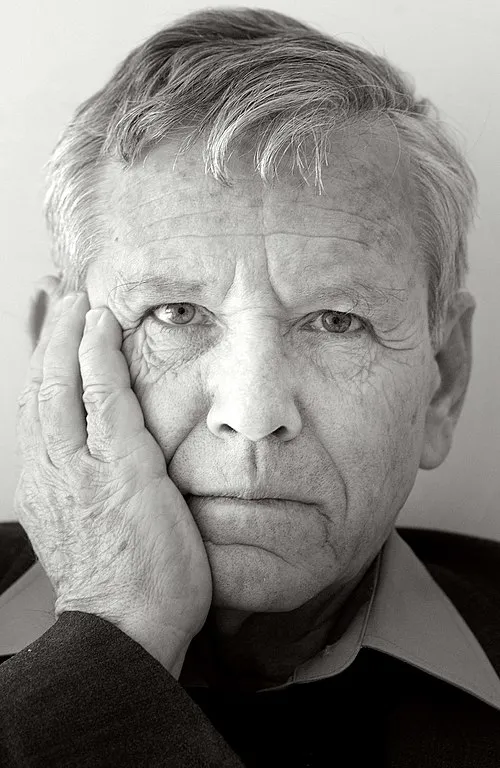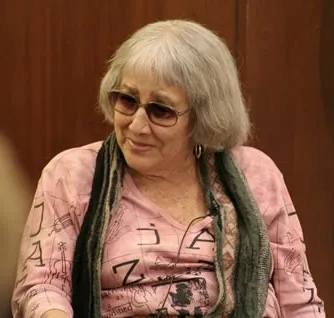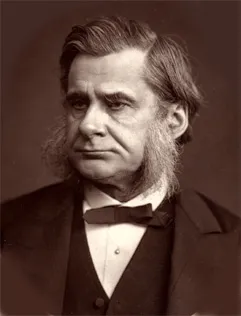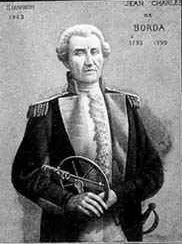
Full Name: Amos Oz
Nationality: Israeli
Profession: Journalist and Author
Birth Year: 1939
Death Year: 2018
Notable Works: Includes novels like 'My Michael' and 'A Tale of Love and Darkness'
Amos Oz: A Literary Luminary and Voice of Israel
Born in 1939, Amos Oz entered a world rife with conflict, hope, and transformation. His early years were shaped by the tumultuous atmosphere of Jerusalem during a period marked by British Mandate rule and rising tensions among Jewish and Arab communities. As a young boy growing up in this melting pot of cultures, he was not merely an observer but became an integral part of the narrative that surrounded him. With the city’s cobblestone streets as his playground and its storied history echoing around him, one could argue that these formative experiences would lay the groundwork for his profound literary career.
However, it was not just the beauty of Jerusalem that influenced him; rather it was also marked by personal tragedy. At just 15 years old, Amos experienced a devastating loss when his mother passed away. This event profoundly impacted his outlook on life perhaps igniting within him a deep wellspring of emotion that would later resonate through his works. After this heartbreaking turn of fate, he enlisted in the Israeli Defense Forces where he served during the War of Independence. It was during these tumultuous times amidst conflict and uncertainty that Oz began to grapple with questions about identity and belonging.
Despite this backdrop, he pursued education at Hebrew University in Jerusalem. It was there that he cultivated his love for literature while studying philosophy and literature; perhaps forming friendships with fellow writers who would inspire him to take up penning stories himself. His early writings reflected not only personal experiences but also broader societal issues faced by Israelis from the challenges of coexistence to existential dilemmas faced amidst an ongoing conflict.
In 1965, at merely 26 years old, Amos published “Where The Jackals Howl,” marking his debut into the literary world an entrance met with both critical acclaim and skepticism alike! Yet many critics hailed him as a fresh voice who captured complex human emotions set against Israel’s multifaceted landscape. Ironically enough, while some believed this book could be dismissed as simply another account woven into Israel's complex tapestry of narratives from conflict zones the depth in Oz's writing demonstrated otherwise.
Over subsequent decades including works like “My Michael” (1968) and “Black Box” (1987) Oz established himself as one of Israel’s foremost authors whose narratives often delved into themes surrounding family dynamics amid political turmoil! His characters felt like reflections from real life struggling against their own fears or longings while embodying larger cultural struggles faced by society at large.
Who knows how many hearts were touched as readers turned each page? His ability to portray vulnerability through richly crafted prose opened conversations around issues often relegated to whispers within families: love lost or found amidst unending strife! Readers found solace within passages depicting human resilience; thus forging connections beyond borders a testament indeed to power storytelling holds!
Early Life and Influences
Amos Oz was born to a Jewish family in Jerusalem during the British Mandate of Palestine. His early life was marked by the complexities of growing up in a developing nation marked by conflict. The loss of his mother, who tragically passed away when he was just 12 years old, profoundly impacted him and influenced his writing. He later reflected on how her death shaped his understanding of loss and sorrow themes vividly present in his literature.
Literary Career
Oz published his first novel, "Where the Jackals Howl," in 1965, quickly establishing his voice in Hebrew literature. Over the decades, he completed numerous novels, short stories, and essays, earning international acclaim. Some of his most notable works include "My Michael" (1968), "Black Box" (1987), and "A Tale of Love and Darkness" (2002), which provided insights into both his personal history and the broader narrative of Israeli society.
Oz's writing style is characterized by its lyrical prose and deep psychological insight. His exploration of human relationships and societal conflicts made his work relatable to readers beyond Israel, earning him a place among the great literary figures of the 20th and 21st centuries.
Advocacy and Activism
Apart from his literary achievements, Amos Oz was also a passionate advocate for peace and a two-state solution to the Israeli-Palestinian conflict. He was known for his outspoken views on the necessity of dialogue and understanding between different communities. Through his essays and public speeches, he called for a recognition of both the Palestinian and Israeli narratives, asserting that coexistence is essential for lasting peace.
The Journalist Who Wrote Through Conflict
While achieving success as a novelist might have been enough for some writers seeking fame or fortune it wasn’t so simple for Amos! He embraced journalism too a role wherein honesty became paramount despite risks entailed therein… In fact as tensions escalated across Middle Eastern borders over several decades he often used journalistic platforms to articulate perspectives others dared not speak aloud!
This duality involving both fiction writing alongside active engagement within media outlets allowed readers insights into political climates surrounding them all while maintaining respect towards individuals living through such upheavals! In various columns published across reputable newspapers globally from Haaretz downwards Oz examined critical events affecting daily lives across regions facing economic hardships or unrest.
A Complex Legacy: Divided Yet United
“I am an Israeli writer who believes deeply in peace,” Amos once stated during an interview reflecting upon conflicting sentiments regarding identity amidst ongoing conflicts between Israelis & Palestinians.









